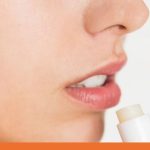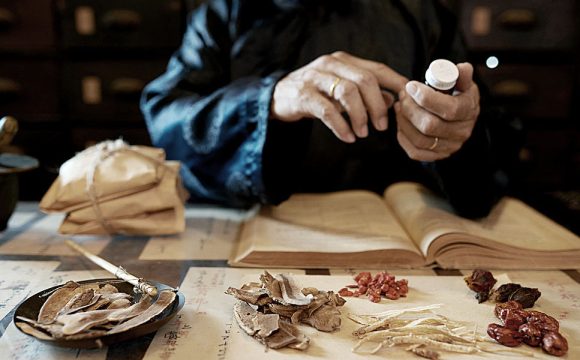Hair fall, a universal concern, often prompts individuals to explore a myriad of remedies, ranging from traditional practices to anecdotal folklore. In this comprehensive exploration, we delve into the efficacy of natural remedies for hair fall, dissecting the scientific foundations behind each approach and distinguishing them from age-old beliefs.
1. Aloe Vera for Scalp Health:
Science: Aloe vera, known for its soothing properties, contains proteolytic enzymes that repair dead skin cells on the scalp. It acts as a natural conditioner, promoting a healthy scalp environment and indirectly supporting hair health.
Folklore: The belief that aloe vera can miraculously regrow hair overnight might be an exaggeration. While it contributes to scalp health, it’s not a quick fix for substantial hair regrowth.
2. Coconut Oil for Hair Nourishment:
Science: Scientifically, coconut oil has demonstrated efficacy in hair care. Its fatty acids penetrate the hair shaft, reducing protein loss and providing essential moisture. Regular use can contribute to enhanced hair health.
Folklore: Claims that coconut oil alone can prevent hair loss or stimulate new growth might oversimplify its benefits. It is an effective component of a comprehensive hair care routine.
3. Onion Juice for Hair Growth:
Science: Onion juice contains sulfur, a crucial element for collagen production and hair growth. Some studies suggest its potential benefits in stimulating hair regrowth.
Folklore: While onion juice shows promise, the extent of its efficacy for widespread hair loss may be overstated in some folklore. It’s a potential remedy but not a solution.
4. Green Tea for DHT Reduction:
Science: Green tea, rich in antioxidants, may inhibit the production of dihydrotestosterone (DHT), a hormone linked to hair loss. Scientific evidence supports its potential role in maintaining hair health.
Folklore: While green tea offers potential benefits, claims of it being a miracle solution for hair loss might be overly optimistic. It can be part of a holistic approach to hair care.
5. Egg Mask for Protein Boost:
Science: Eggs are protein-rich, and applying an egg mask can provide a protein boost to the hair. Proteins are essential for strengthening hair strands.
Folklore: Claims that eggs alone can entirely prevent hair fall might be exaggerated, but they undoubtedly contribute to overall hair health when integrated into a balanced routine.
6. Hibiscus for Hair Thickness:
Science: Hibiscus contains vitamins and amino acids that nourish hair, potentially improving thickness and preventing breakage. Its positive attributes make it a valuable addition to a hair care regimen.
Folklore: While hibiscus has undeniable benefits, it may not single-handedly reverse severe hair loss. Incorporating it into a holistic approach is key.
7. Essential Oils for Scalp Stimulation:
Science: Certain essential oils, like peppermint and rosemary, can stimulate blood circulation and promote a healthy scalp environment, supporting overall hair health.
Folklore: Claims of essential oils miraculously regrowing hair might oversimplify their role. They are effective when part of a comprehensive and consistent hair care routine.
You can explore additional natural remedies for hair fall that has a validated approaches and anecdotal beliefs. While some remedies, such as aloe vera and coconut oil, have established benefits for hair health, others may require further research to support their efficacy for hair regrowth. Integrating these remedies into a holistic hair care routine, complemented by professional advice, ensures a well-rounded approach to addressing hair fall concerns.








